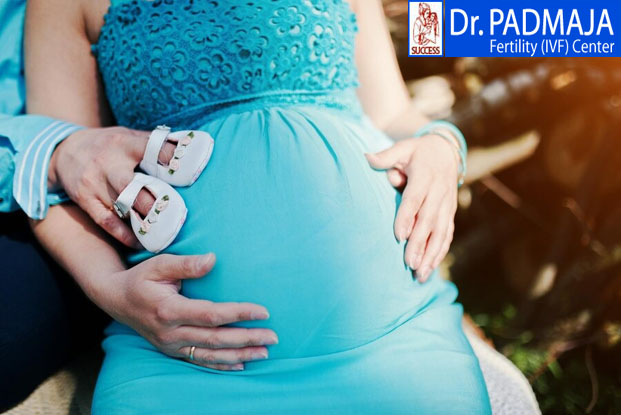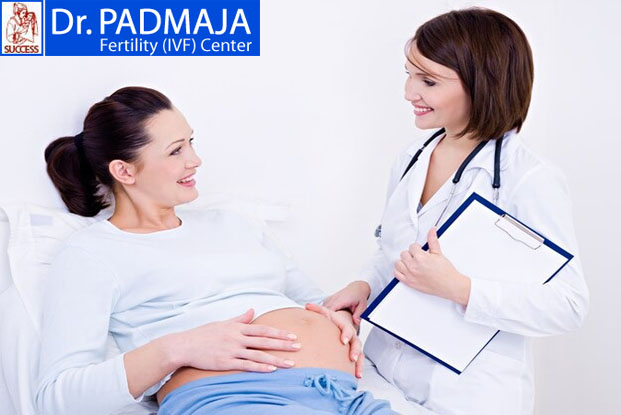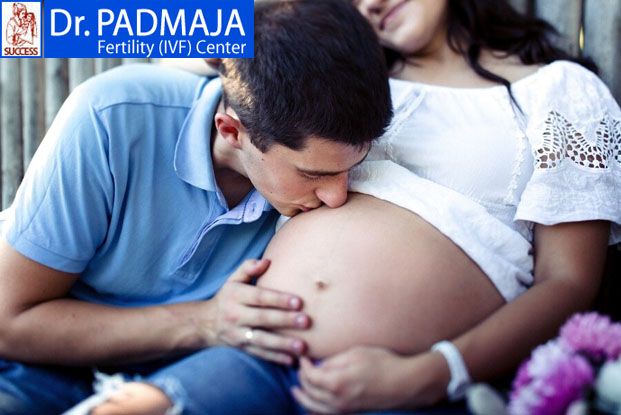Hope Renewed: Hyderabad Top Ivf Successes?
Infertility is a deeply personal and often emotionally challenging issue that affects many couples who dream of having children. It can be a complex and distressing journey that impacts not only an individual’s physical health but also their emotional and mental well-being, as well as the dynamics of their relationship. In this article, we will […]
Read More »









